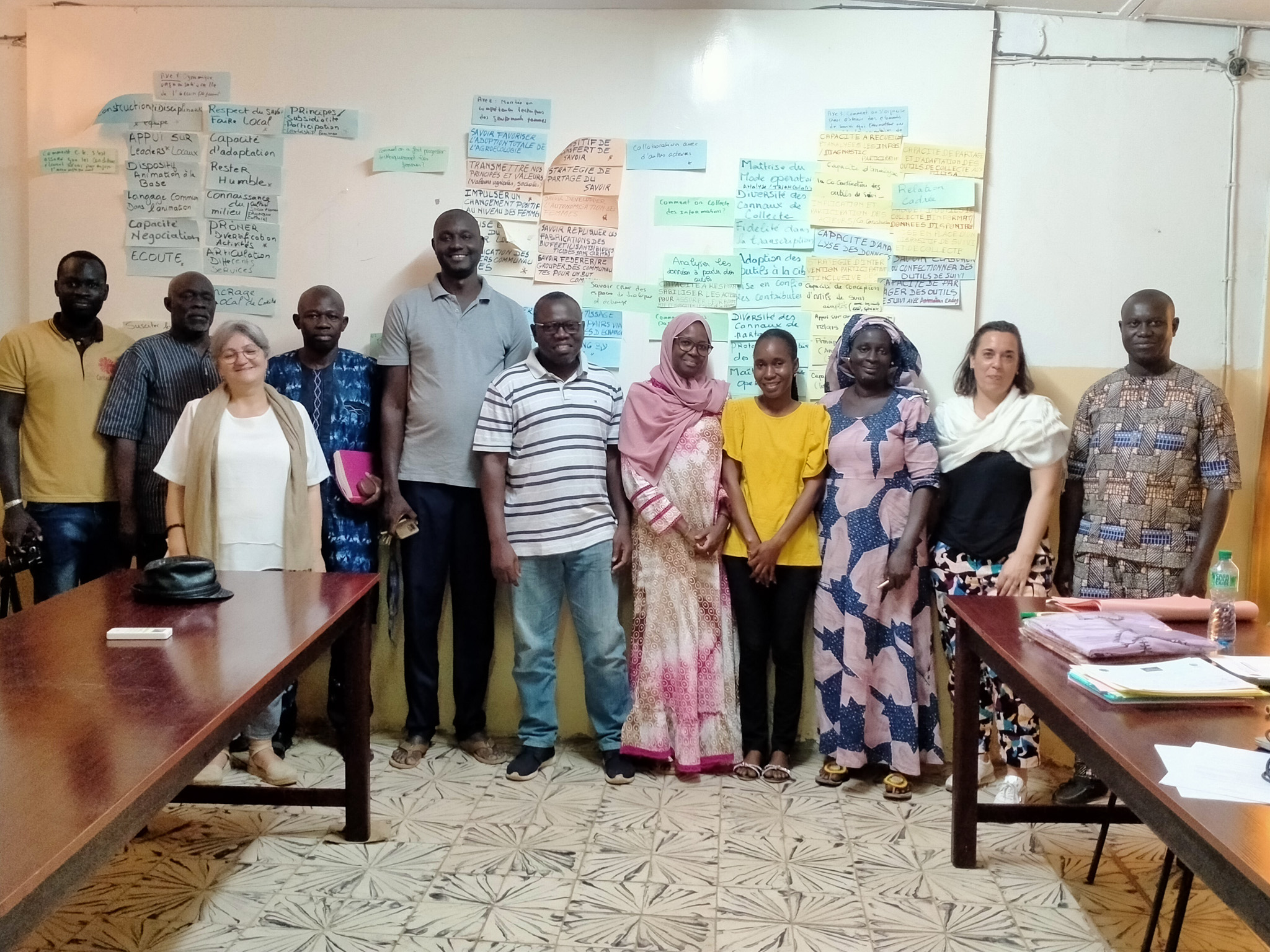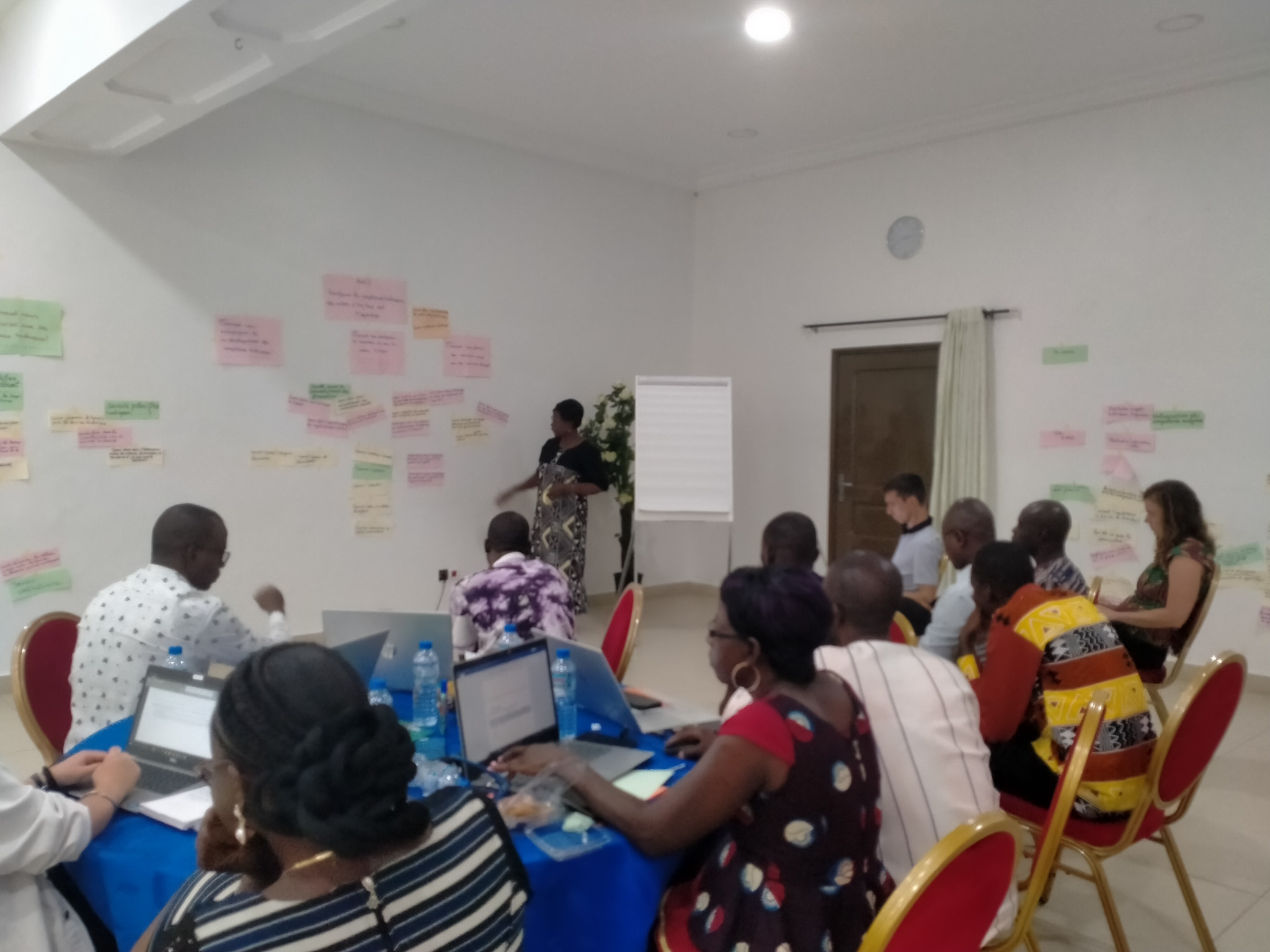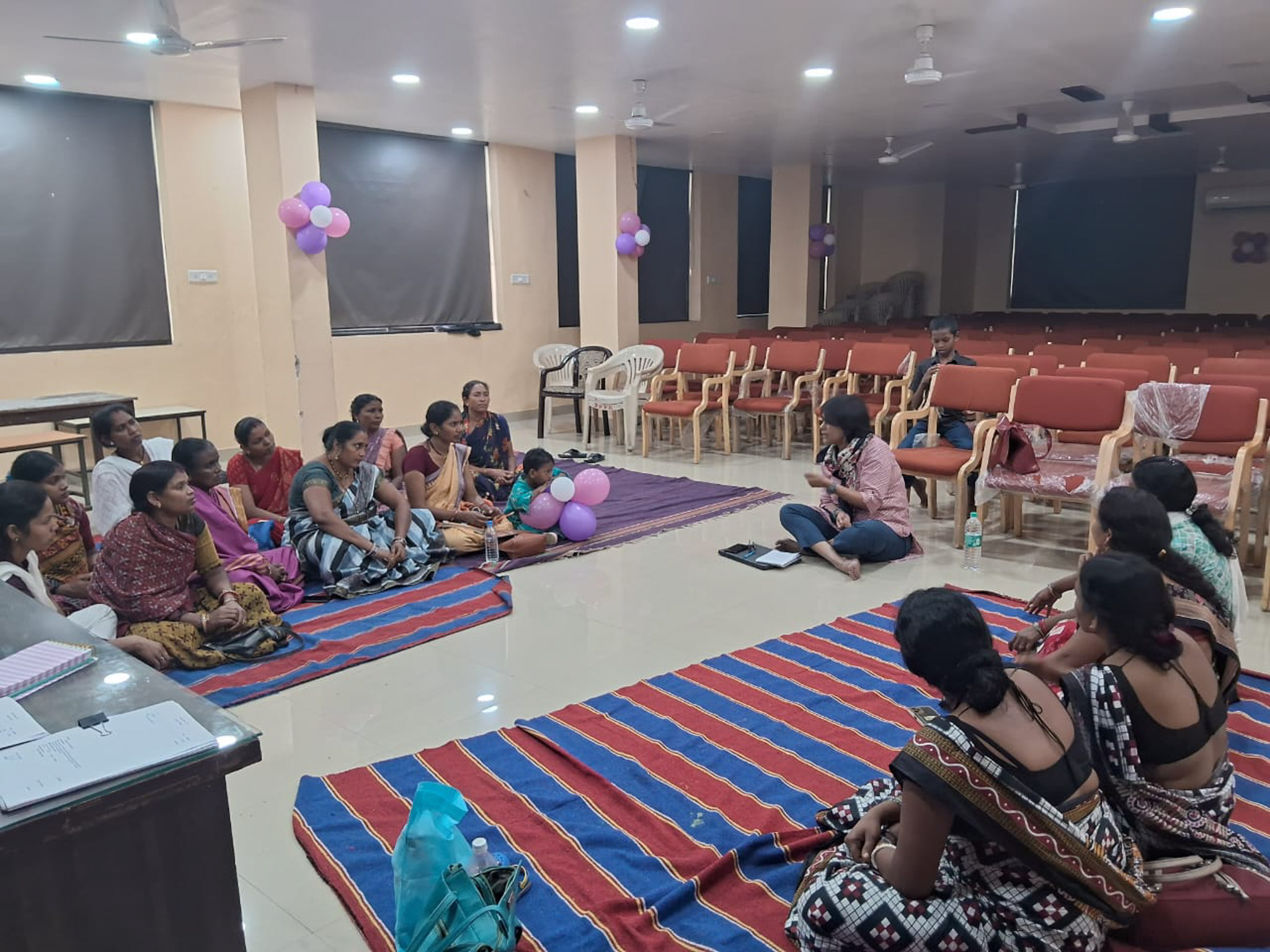
CIEDEL
FRANCE - FRANCE
CIEDEL, International Center for Studies for Local Development , is a university and professional training and support centre for local development actors. Created in 1990, it is an associate member of the Catholic University of Lyon. It works with individuals, collectives, institutions and organisations to enable them to act for the development of territories and contribute to the well-being of those who live there.
As part of Resilient Communities (CoRe), CIEDEL contributes to the work of the Scientific Council and the Strategic Committee. As a partner of the program, it also supports stakeholder capitalisation processes. It offers support in the form of action training. The partners thus capitalise on their experience working with communities while familiarising themselves with the methodology proposed by CIEDEL. They are therefore equipped to support processes with communities themselves, if they wish, to capitalise on their own experiences related to the fair ecological transition. During these first two years of implementation, five capitalisation processes were initiated in different regions: Senegal, Burkina Faso, Palestine, India and Bolivia. Two other processes are planned in year 3. Each process will result in the production of a capitalisation document, developed by the partners, listing the main know-how revealed. Two deliverables are already being drafted by the teams supported by CIEDEL. The benefit of these capitalisations is twofold: on the one hand, the strengthening of partner organisations and populations taking part in the process. By reflecting on lived experiences, participants in the capitalisation name and raise awareness of their know-how as a collective. On the other hand, these different processes make it possible to bring out key questions and elements of the fair ecological transition to contribute to the construction of a common vision.
OUR NEWS
-
CROSS-SECTIONAL ANALYSIS OF CORE'S CAPITALIZATION PROCESSES
10.07.2025 - The CoRe program has provided support to several t...
BACK TO THE LIST



